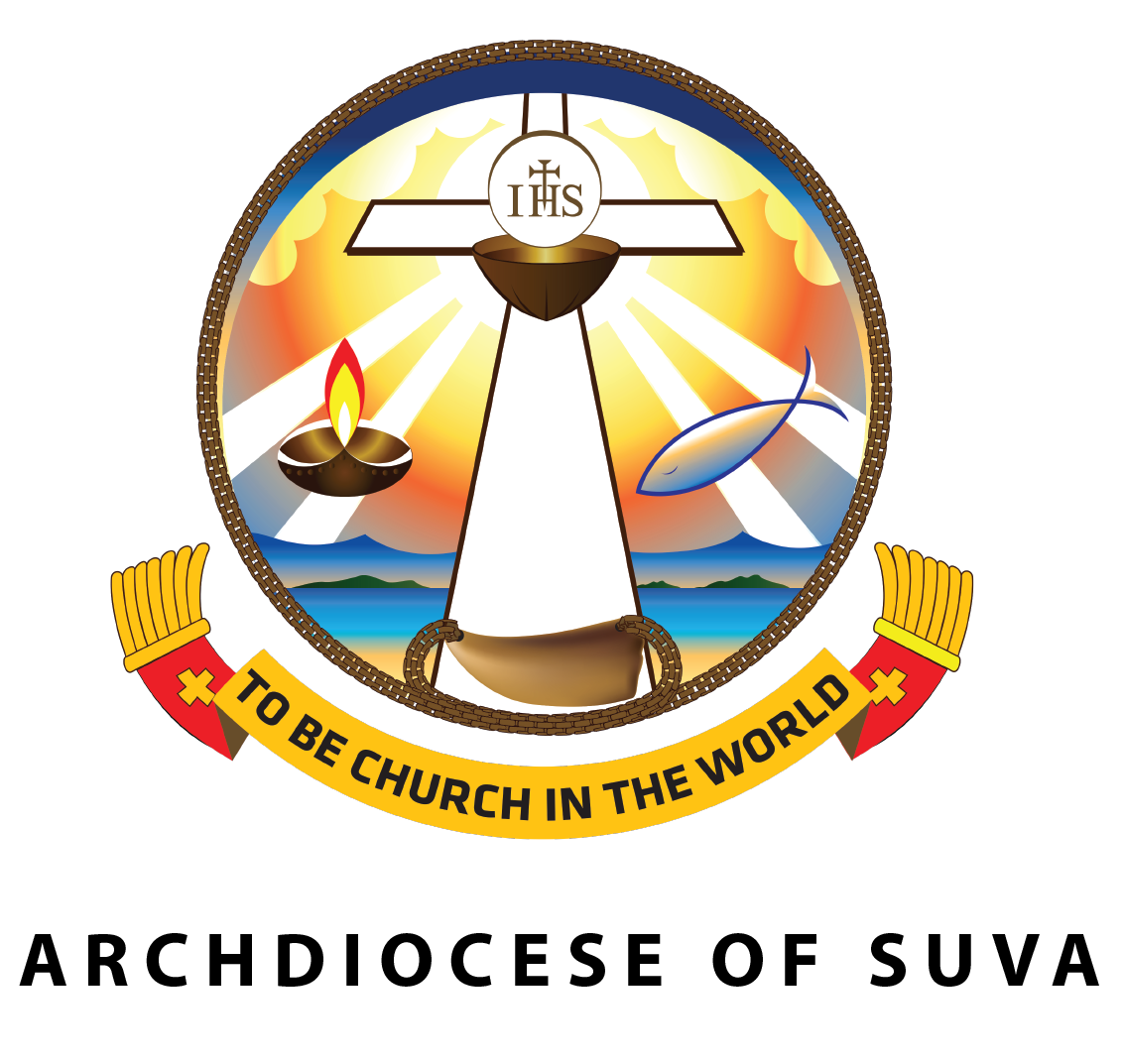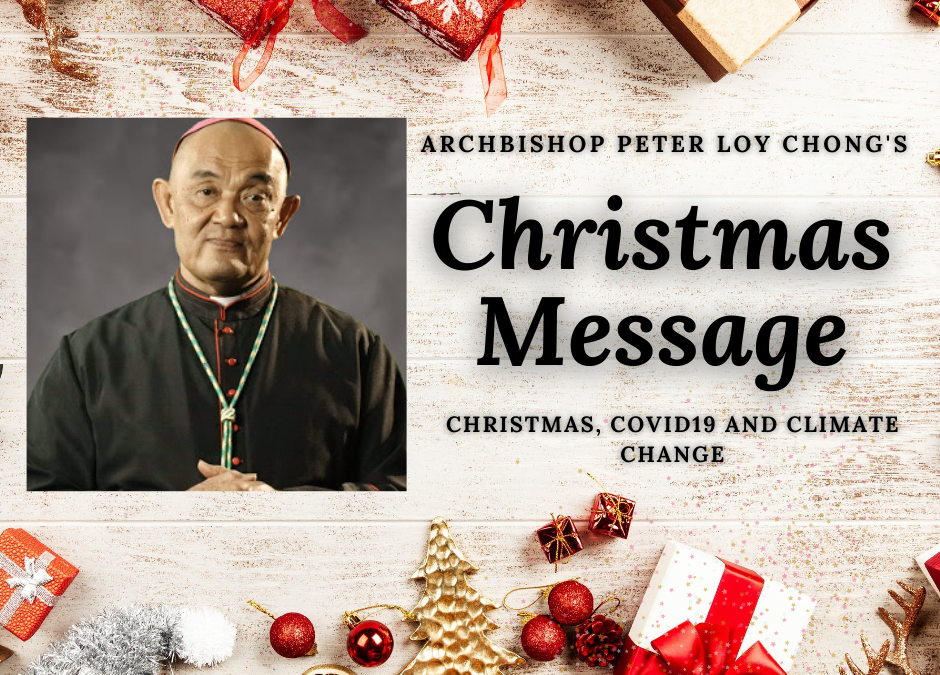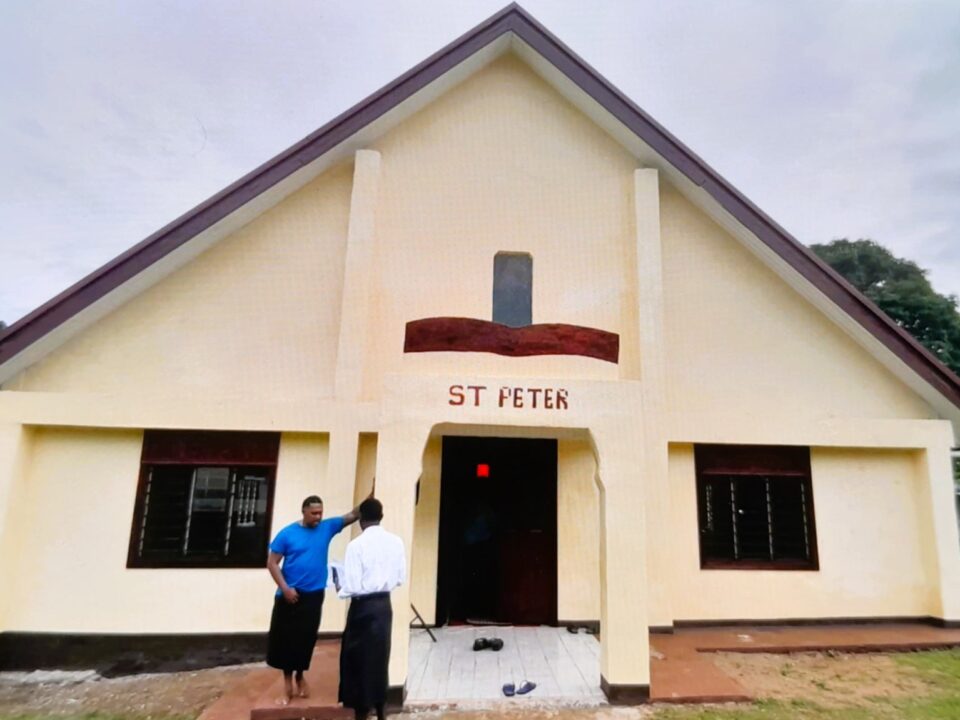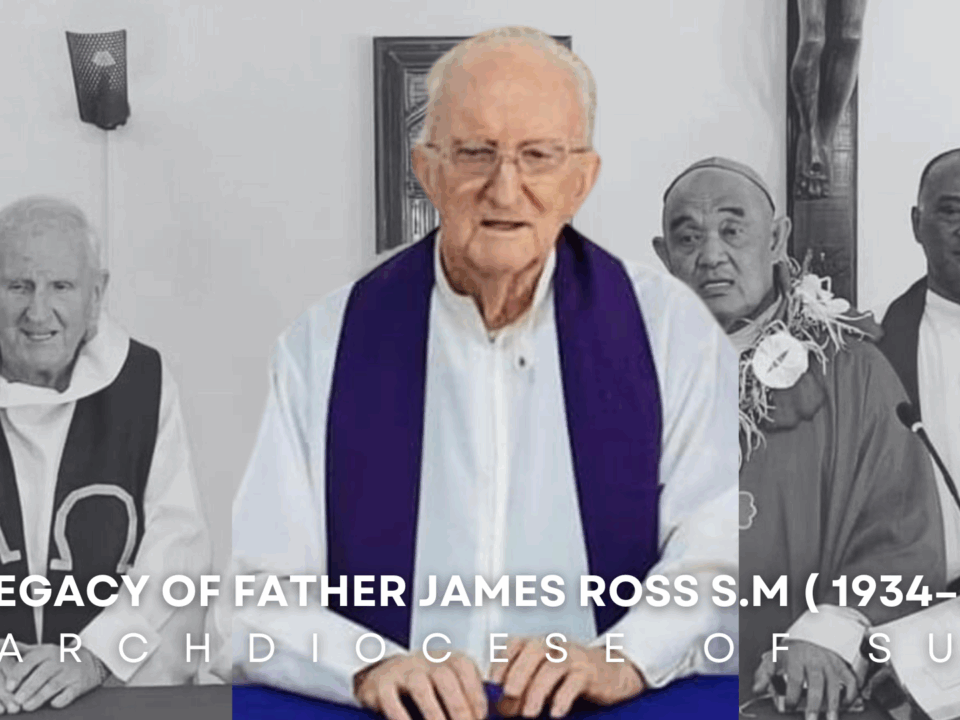Archbishop Peter Loy Chong’s Christmas Message 2021 (Christmas, Covid19 and Climate Change)
Christmas, Covid19 and Climate Change
Dear sisters and brothers, Merry Christmas.
In these times of uncertainties and suffering brought about by Covid19, climate change and gender based and domestic violence, the Church proclaims the Christmas message of hope and joy. “To us a child is born, to us a son is given” (Is 9:6) The birth of a child is always a source of hope. It brings a promise of the future.
On Christmas we celebrate the birth of a child who will later be called the Messiah, Savior, Anointed of God, the Christ.
The Child born of the Virgin Mary in Bethlehem was born for everyone: he is the “son” that God has given to the entire human family. At Christmas we celebrate the light of Christ who comes into the world; he comes for everyone, not just for some.
The Universal Christ
John’s Gospel reminds us that the Word of God, the Christ, was in the beginning of the world. The Word was with God and the Word is God. Through him all things came into being, not one thing came into being except through him. (John 1:1-3) The Big Bang theory which is the most popular scientific explanation for the beginning universe states that creation is approximately 13 billion years old. Hence, Christ has been in the world for 13 billion years.
Through the life of Jesus of Nazareth, the Christ is made visible in a fuller way. Jesus exemplified through his teachings, miracles, and work for God’s kingdom what was expected the Christ. Jesus’ disciples and the early Christians witnessed the coming of God’s kingdom in Jesus and they gave him the title ‘Christ’.
For many Christians, we believe that God entered the world through Jesus Christ. Unfortunately, we have limited the Christ to Jesus as if it was his second name. But according to John’s gospel, it would be more correct to say that Jesus entered into a world already filled with presence of Christ. Jesus embodied the Christ that was already present in the world.
The cosmic Christ provides Christians with a positive understanding and relationship with other religions and indigenous beliefs. Christ is present even before the beginning of Christianity. Christ is present in ancient world and indigenous religions. Christians must therefore, confidently proclaim that Christ is present in Hinduism, Islam, Judaism, other world religions and indigenous religions. St Paul states “There is only Christ. He is everything and he is in everything” (Col 3:11). According to John’s Gospel and St Paul’s letter (John 1, Colossians 1:15-20 and Ephesian 1:13-14) Christ and Christmas have a universal meaning for all of peoples and creation.
Christmas Today
The whole world needs the Christ. Since the industrial revolution of the 1800s human beings have been the root cause of social and ecological injustice. Covid19, climate change, poverty, gender-based violence, violation of human rights and dignity are just some of the negative human experiences today that need Christ’s liberating work.
In Fiji, Covid19 exacerbated poverty through the down-turn in the tourism industry. Climate change and extractive industries are destroying the environment, the forests, the rivers, the ocean on which our communities depend for sustenance. Gender based violence, domestic violence, sexual abuse are serious crimes in Fiji and the world. Many women, girls, children carry the scars and wounds of violence.
How do we speak about the Christmas joy to the many people who are experiencing suffering and hopelessness?
God as the Silent Cry
As I reflect on God in the face of human suffering I was inspired by the theology of German, feminist theologian, Dorothy Soelle. She tries to find a language for God in the context of human suffering during the holocaust. She argues that we cannot simply use traditional languages for God like ‘the almighty and powerful God.’ She adds that the words ‘almighty and powerful’ carry with them colonial and dominating images. Victims of injustice will find it hard to relate to these domineering languages of God.
Soelle describes God as ‘the silent cry.’ She argues that the ‘the silent cry’ is a language for God that is relevant to suffering people. God as the ‘silent cry’ makes God present in peoples’ suffering. God joins in peoples’ suffering and helplessness. Moreover, God as the ‘silent cry’ needs our cooperation to heal people from their suffering. In a similar vein, Latin American theologian, Jon Sobrino states that we must bring down the suffering Christ, that is the suffering peoples from their crosses.
Christmas reminds that the Christ was born as a vulnerable child, threatened by the colonial powers of King Herod. Jesus was political refugee. He was not almighty and powerful. He died helplessly on a cross. The Christ as the ‘silent cry’ is present in peoples’ sufferings. Because Christ suffers with us, he needs our cooperation.
Christ, the Word who was in the beginning, the Christ who is God, the Christ who is present in all religions and faiths has the power to inspire us to join hearts and will to address the world’s problems. The universal Christ is the source of our global and inter-religious solidarity.
Pope Francis in his 2020 Christmas message called on the leaders of nations, businesses and international organisations to “promote co-operation and not competition, and to search for a solution for all”. He said that Fraternity and compassion apply to people “even though they do not belong to my family, my ethnic group or my religion”,
The Fiji Council of Churches is embarking on a journey of fraternal solidarity with NGOs, vulnerable communities, the vanua and government to address social and ecological injustices, particularly, domestic violence, the destruction of our natural resources, and the pandemic.
Through Christ and on behalf of the Roman Catholic Church and the Fiji Council of Churches, I wish you all a peaceful and joyful Christmas.




